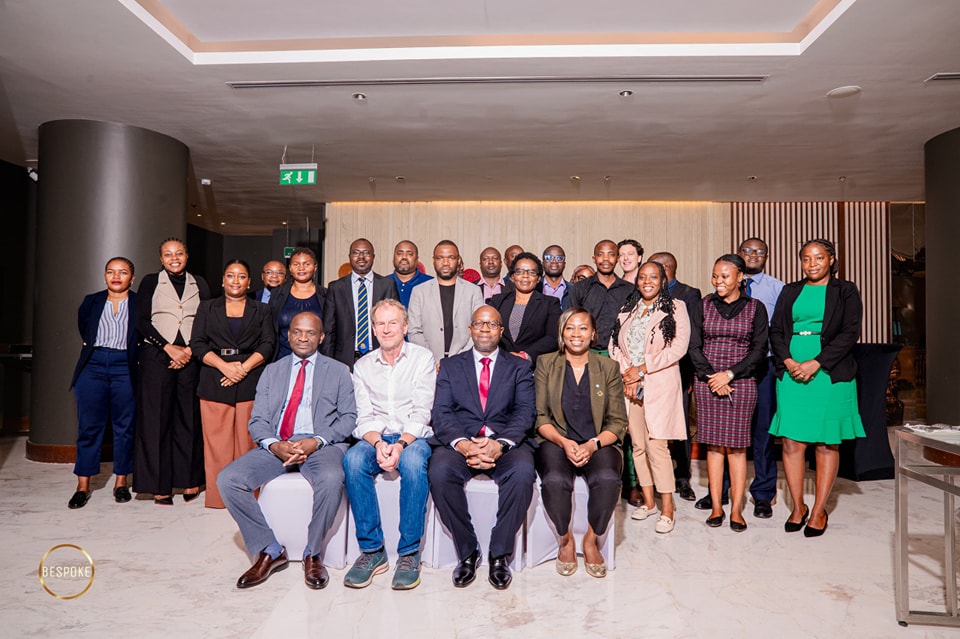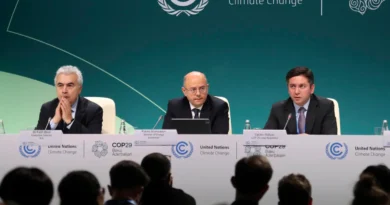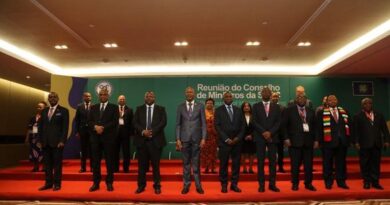Zambia Strengthens Institutional Capacity to Engage in Carbon Markets and Article 6 Cooperation
Zambia has stepped up its preparations to fully engage in international carbon markets through a capacity building workshop hosted by the Ministry of Green Economy and Environment (MGEE).
The workshop, supported by the Supporting Preparedness for Article 6 Cooperation (SPAR6C) Program, targeted officials from the Ministry of Justice, Ministry of Finance and National Planning, and the Zambia Revenue Authority (ZRA).
The initiative aims to enhance Zambia’s alignment with Article 6 of the Paris Agreement, which allows countries to trade verified emission reductions through bilateral cooperation. Dr. Douty Chibamba, Permanent Secretary at MGEE, emphasized the importance of empowering key institutions to negotiate agreements and manage revenue from carbon credits to support national climate action.
“Carbon markets offer Zambia a chance to reduce emissions while driving economic growth. With the right structures and knowledge, we can transform climate action into a tool for low-carbon development,” said Dr. Chibamba.
The capacity building is part of Zambia’s broader strategy to domesticate the Paris Agreement through its newly enacted Green Economy and Climate Change Act of 2024. The Act provides a comprehensive legal framework to regulate carbon markets, ensure environmental and social safeguards, and establish a national green economy and climate fund.
Zambia has already signed bilateral agreements with Sweden and Norway, and a Memorandum of Understanding with Singapore, all under Article 6 cooperative approaches. The country is now identifying carbon projects to operationalize these agreements.
Dr. Chibamba urged all ministries and authorities to deepen their understanding of carbon markets, saying, “Unlocking the full potential of carbon trading requires collective knowledge sharing, institutional coordination, and readiness to act.”
The workshop is the first in a series aimed at preparing Zambia to participate effectively in global carbon markets. It was facilitated under the SPAR6C Program, which is implemented in Zambia by the Global Green Growth Institute (GGGI), GFA Consulting Group, and the UNEP Copenhagen Climate Centre.
Funded by Germany’s Federal Ministry for Economic Affairs and Climate Action through the International Climate Initiative (IKI), SPAR6C supports readiness for carbon market participation in Zambia, Colombia, Pakistan, and Thailand.
Established in 2021, MGEE leads Zambia’s environmental sustainability efforts, focusing on climate change mitigation, low-carbon development, and natural resource management.



